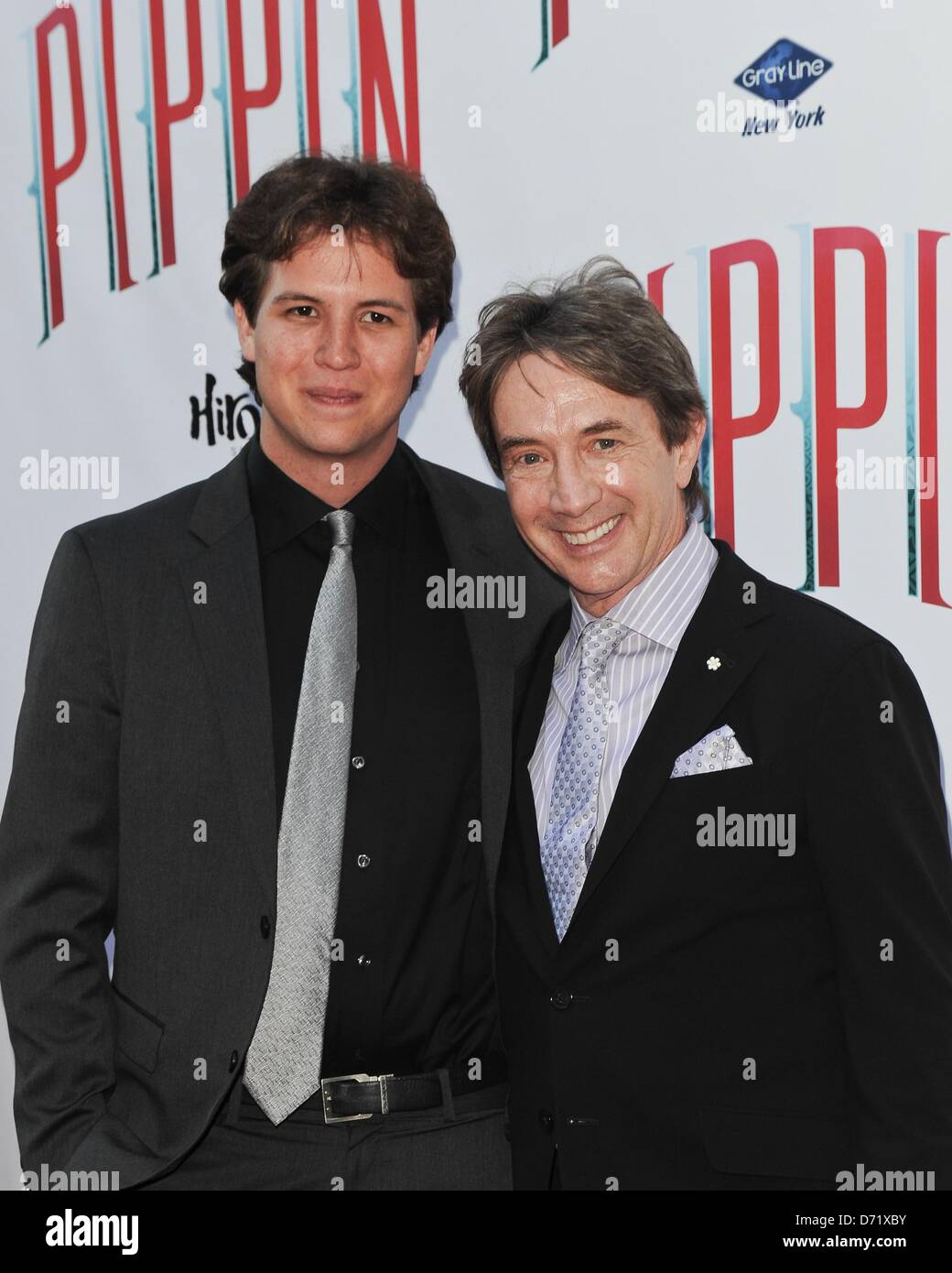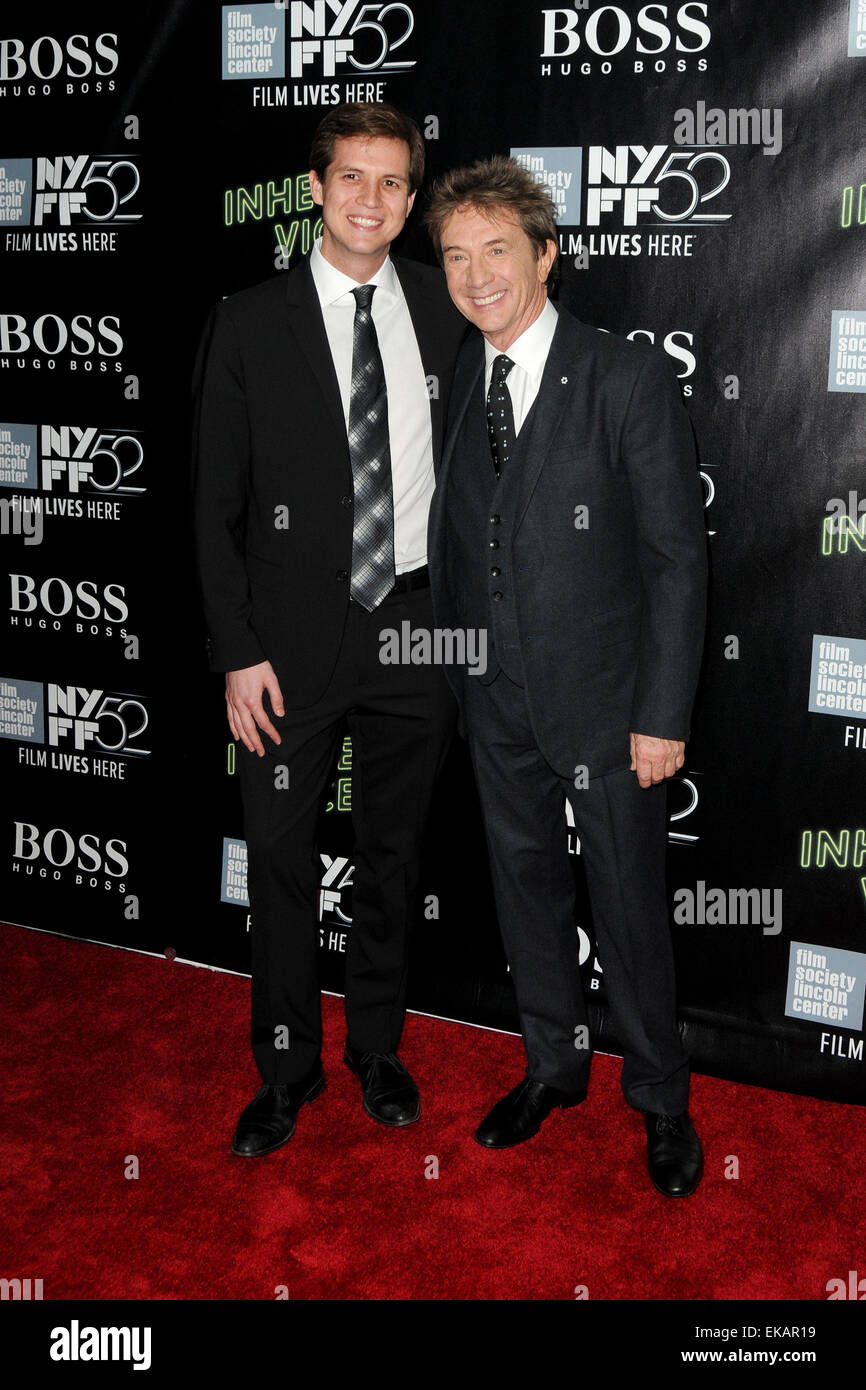Unveiling The Mystery: [Henry's Legacy & More]
How does a single invention reshape the landscape of an entire industry? The invention of the lever-action repeating rifle by Benjamin Tyler Henry in 1860 didn't just change firearms; it ignited a revolution in technology, tactics, and the very fabric of the American West.
The ripples of this innovation, much like the reverberations of a gunshot in the vast expanse of the prairie, spread far and wide. But before we delve deeper into the mechanics and impact of this groundbreaking creation, let's consider the lives that intersected with this technological marvel, the families whose stories are interwoven with the tapestry of history. While Benjamin Tyler Henry's name is etched in the annals of technological advancement, other individuals, bearing the name Henry, played their parts in different chapters of the human drama, each contributing to the rich mosaic of our collective past.
Consider, for instance, the family of Miriam and Henry. Records from Ford, Sussex, England, reveal the baptism of their daughter, Miriam Short, on May 10, 1664, and their son, Adam, on May 30, 1666. These simple entries, found in church registers, are echoes of lives lived, families formed, and the silent rhythms of existence in a bygone era. They offer a glimpse into the lives of ordinary people, their joys, their sorrows, and the enduring strength of the human spirit. Their descendants, though perhaps unknown, are threads in the vast network of genealogy, a testament to the continuity of life. This connection to the past is something that adds layers of significance to the story of the repeating rifle, revealing a complex interplay between technical development and social impact.
Further along the timeline, we stumble upon the intriguing mention of "Henry Shorte" born on March 11, 1651/2, in Newbury, Essex County, (then) Massachusetts Bay Colony, the son of Henry Short. This entry highlights the migratory patterns of the time, the movement from the Old World to the New, driven by religious persecution, economic opportunity, and the pioneering spirit. In this narrative, Henry's life culminated on October 23, 1706, after two decades of service as the town clerk of Newbury, a position of some influence and responsibility in the burgeoning colonial society. Such individuals, even as they went about their everyday affairs, helped lay the foundations for the nation's future. Their individual stories merge with the grand narrative of nation-building.
And in the realm of literature, we find narratives that embody themes like conflict, loss, and the nuances of the human heart. The interplay between characters, the constant push and pull of opposing forces, is a cornerstone of storytelling. Consider the power of personification, where abstract concepts, like the disease Pneumonia, are given a human form, creating a dynamic dialogue between the protagonist and the antagonist. One could imagine the impact of such representation, where Mr. Pneumonia becomes a character in a story, with his own motivations and methods. The very essence of conflict is the fuel for narrative, driving the story forward and exploring the profound depths of human experience.
In contrast, the essence of the repeating rifle can be illustrated in a different way, that of a weapon that transformed the battleground and forever altered the balance of power in the American West. The rapid-fire capability of Henry's invention gave rise to new combat tactics. The weapon's impact extended well beyond the battlefield, influencing not just the outcome of skirmishes, but the shaping of frontier communities. From the hands of explorers and settlers, to lawmen and outlaws, the lever-action rifle became a symbol of both opportunity and conflict, a testament to human ambition. The lever-action rifle not only offered a technological advancement, but also a way for people to take charge and control their environment.
Consider the narratives where characters come across tough situations. These stories, though often fictional, reflect the realities of the time. For example, a man's name, "entered the furnished rooms, his name became very short indeed," speaks to the circumstances faced in those moments. Or take the description of "James Dillingham Young," the man who receives the warm embrace of "Jim". The simplicity of this interaction and intimacy speaks volumes about how people connect through the hardships of life.
Further exploration of the emotional state of characters like Della who finished her crying and cleaned the marks of it from her face, and her subsequent observation of the world She stood by the window and looked out with no interest, highlights human experiences of heartbreak and disillusionment. It serves as a stark representation of the emotional cost of hardship.
In a less documented situation, the kidnapping idea that hit Bill Driscoll and the narrator during a trip "down south, in Alabama" takes us to a different scenario. It was, as bill after ward expressed it, during a moment of temporary mental apparition, the narrator recalls, emphasizing the randomness of events, and how people have their actions driven by unexpected and often irrational moments. These moments in the narratives shed a different light on the history of life.
Here's a table that could be integrated into a WordPress post, summarizing key information about Benjamin Tyler Henry, the inventor, and his revolutionary repeating rifle, along with references for verification:
| Category | Details |
|---|---|
| Full Name | Benjamin Tyler Henry |
| Born | 1821, in Watertown, Connecticut |
| Died | June 8, 1898 |
| Nationality | American |
| Known For | Inventor of the Henry repeating rifle |
| Invention | Henry Repeating Rifle (1860) - a lever-action, repeating rifle that fired metallic cartridges. |
| Impact of Invention | Revolutionized firearm technology; provided a significant advantage in combat; played a key role in the American Civil War and the expansion of the American West. |
| Features of the Rifle | Lever-action, tubular magazine holding 15 rounds of .44 Henry ammunition, effective range of up to 200 yards. |
| Companies & Affiliations | Worked for the Volcanic Repeating Arms Company, and later the New Haven Arms Company. |
| Key Characteristics | Fast-firing, accurate, and relatively lightweight compared to contemporary single-shot rifles. |
| Legacy | His invention paved the way for modern repeating rifles; design influence is evident in subsequent lever-action firearms. |
| Historical Significance | One of the most important firearm innovations of the 19th century. Widely adopted and used by Union soldiers and settlers. |
| Reference | Wikipedia: Benjamin Tyler Henry |
As the narrative shifts, consider the interplay of these elements, and how they relate to Benjamin Tyler Henry and his invention. The creation of the lever-action rifle provides an opportunity to explore themes of conflict and progress. The lever-action rifle played a major role in transforming combat and the settlement of the American West.
Let's consider how a simple phrase "But wait till I tell you" signals the start of a new narrative, of the kind weve seen throughout history. Whether its a tale of heroism, of love, or of a journey into the unknown, the beginning of these narratives are rooted in everyday encounters and the human urge to share a good story.
The phrase "Henry it looked like a good thing" underscores the optimism of that time. It also shows the potential of an invention, as a symbol of hope, and a catalyst for changing the world. Such sentiments may not always hold true, but they show the spirit of innovation and the hope for a better future.
The Henry rifles story intersects with tales of those who sought to take what they could, often in opposition to the law. Consider that the rifle quickly became a weapon of choice for both sides. The stories of those who used this rifle are often a testament to their skills. They also provide an opportunity to analyze the consequences of power and the nature of conflict itself.
In any narrative, the conflict between the protagonist and antagonist is essential. These contrasting forces are what make stories engaging and lead to the deeper exploration of themes and characters. The conflict is the very essence of drama, allowing for a deeper investigation of themes such as bravery, ambition, or morality.
Henry's legacy reminds us that innovation shapes history. His invention forever altered warfare, the settling of the American West, and the development of firearms. His story serves as an illustration of the interplay between technological advancement, human spirit, and the enduring power of storytelling. His repeating rifle, a testament to human ingenuity, continues to resonate as a symbol of innovation and the dramatic changes the world continues to undergo.


